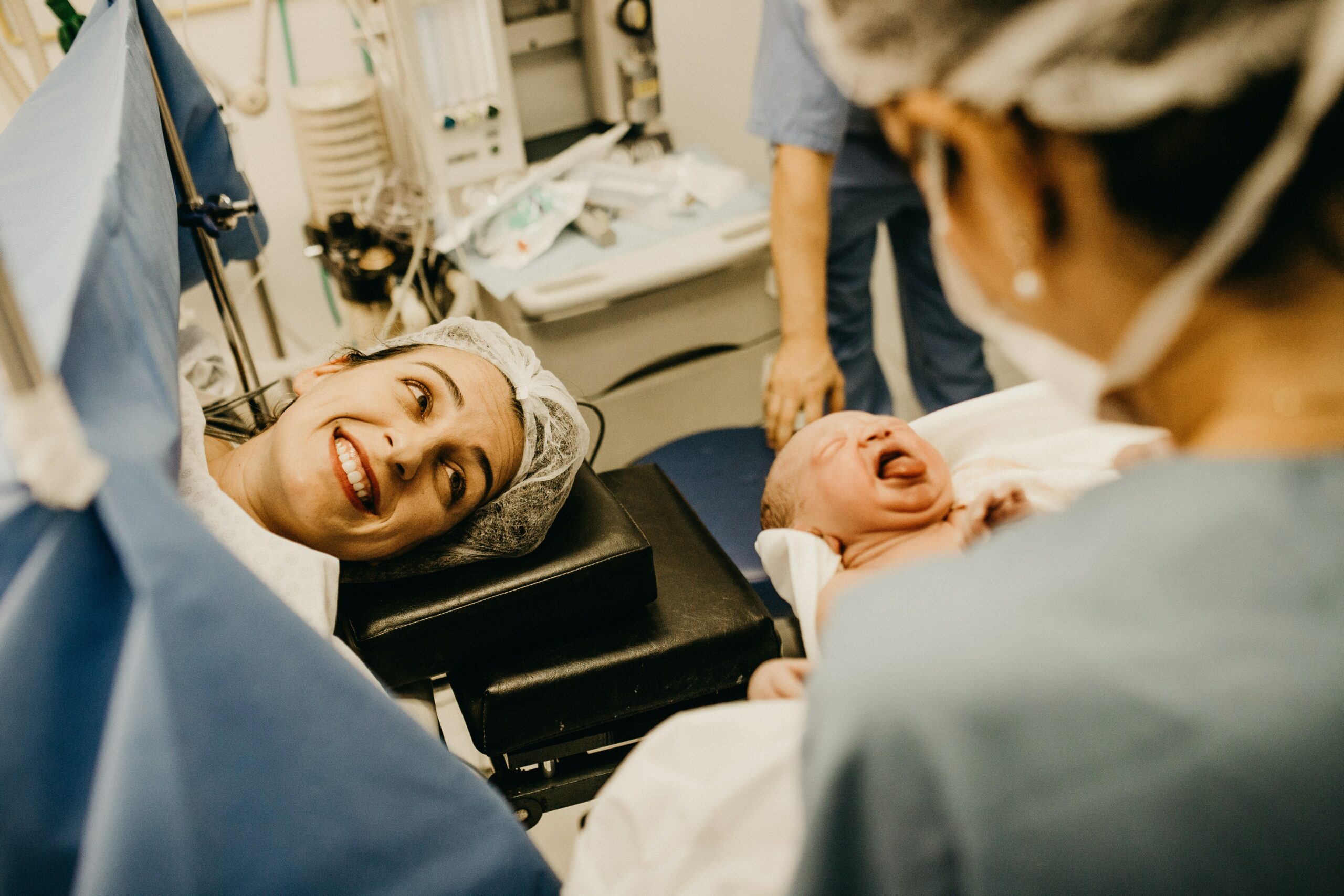Teenage pregnancies come with a lot of baggage: If you’re the one who’s pregnant, you may be wondering how to tell your parents, how to juggle having a baby with going to school, or how to navigate this complicated new chapter. If you’re the parent of a teenage child who’s about to become a parent, your mind may be reeling with how to handle the situation or about what people will think.
What’s done is done, and if you’ve chosen to have the baby, the best thing to do is to be as well-informed as possible for a healthy pregnancy and baby.
Teen Pregnancy Statistics
We’re not going to sugar coat it: teen pregnancy is hard. That being said, you’re not the first (and you won’t be the last) person dealing with this. In fact, in 2015, 22% of girls between the ages of 15 and 19 had babies. And while there has been a decline in statistics, it’s still very much a reality for a significant portion of the teen population.
Risks of Teen Pregnancies
While it is true that the female body is capable of pregnancy once a female has her first menstruation, there are inherent risks that come with teen pregnancies. Some of these risks include:
- Preterm labor
- Low birth weight
- High blood pressure
- Cephalopelvic Disproportion (when the baby’s head is too big to fit through the mother’s pelvic opening)
In order to reduce these risks, it’s crucial to seek prenatal care as soon as possible. This is something that many teenage girls fail to do because they’re scared of telling anyone they’re pregnant in the first place. However, the longer you wait, the higher the likelihood of complications.
What to Expect from the Pregnancy
1. Morning Sickness
This involves feeling nauseous on a regular basis. Despite its name, doesn’t always have to be in the morning. Sometimes, you’ll vomit too. This sensation may cause you to lose your appetite.
2. Tiredness
It’s common to feel exhausted while pregnant. While it doesn’t affect all pregnant women, the hormonal changes and the fact that your body is now carrying nutrients to two humans may sap the energy out of you. This feeling may increase during the third trimester, when your belly gets heavy and sleeping in any position is uncomfortable.
3. Mood Swings
This one won’t be fun to hear, especially because the teenage years often already come with enough angst to deal with. Yet, it’s important to know that it’s common to have mood swings during pregnancy. This may even include depression, so if you’re constantly feeling hopeless or even thinking about hurting yourself, tell someone and seek help.
4. Discomfort
In addition to morning sickness, pregnancy comes with leg swelling, fatigue, interrupted sleep, lower back pain, heartburn, and constipation. Know that this is only temporary, but also expect them to happen.
Recommendations for Pregnant Teens
1. Get Prenatal Care
The sooner you get prenatal care, you’ll have a higher probability of having a healthy pregnancy and a healthy baby. If you don’t have health insurance, there are low-cost and sometimes even no-cost clinics available to help you.
2. Be Mindful of Nutrition
This is not the time to diet. It’s also not the time to eat fast foods or processed foods because they’re convenient, easy, or comfort foods. Your baby’s nutrition comes from what you eat and eating healthy is essential for adequate development.
Choose fresh, whole foods such as fruits and vegetables, whole grains, and foods rich in calcium, iron, protein, and folic acid. This means lots of leafy greens, eggs, oatmeal, whole wheat pasta, brown rice, beans, salmon, avocados.
Limit caffeine intake, since having too much can increase your baby’s heart rate. Opt for broiling meats instead of grilling or frying them. In fact, lower your risk of gestational diabetes by avoiding fried foods.
3. Take Prenatal Vitamins
Even if you’re eating a healthy diet, you should take prenatal vitamins to supplement it. This is essential to reduce the risk of birth defects. It can also lower the risk of developing preeclampsia.
4. Attend Childbirth Classes
Being pregnant for the first time comes with many questions. Attending childbirth classes will help expectant parents to learn more about pregnancy, childbirth, breastfeeding, and the realities of becoming a parent. You’ll learn how to feed and bathe your baby, how to change diapers, and what can you do to ensure the baby remains healthy. These classes also may provide an opportunity to meet other new mothers who understand your anxieties.
5. Stay Hydrated
Water allows the body to fully absorb nutrients and vitamins to you and your baby. If you’re not a big fan of drinking water around the clock, you can supplement water intake by eating fruits with a high water content, such as watermelon, citrus, cantaloupe or berries. If it’s hot outside, you can even make popsicles.
6. Modify Your Lifestyle
While everybody’s different and some people prefer to be homebodies, being a teenager goes hand in hand with a long list of social events (school dances, sporting events, get-togethers, class parties). And despite the fact that teenagers are underage, it’s no secret that sometimes, there’s alcohol at these events. Be aware that drinking alcohol while pregnant will affect the baby’s physical and psychological well being. In fact, Fetal Alcohol Syndrome is a condition in which the baby’s brain is damaged as a result of the mother’s alcohol consumption, and it is one of the most common causes of intellectual disabilities. If you’re pregnant now, the ship has sailed on trying to be cool. Modify your lifestyle to incorporate healthier choices for yourself and for your baby.
Teen Pregnancy Prevention
Almost half of all teenagers are sexually active. While you can encourage teenagers not to have sex, it’s also crucial to talk openly about how to use birth control and where to access it.
It’s also important to note that there are risk factors for teen pregnancy, including:
- Living in poverty
- Parents with little to no education
- Being the child of teenage parents
- Alcohol use
- Low self-esteem
- Lack of parental support
While conversations about sex between teenagers and parents can be uncomfortable or awkward, they’re important if you want to lower the risk of teen pregnancy. Talk about establishing limits, peer pressure, and yes, safe sex. Above all else, encourage communication.
Call OB-GYN Women’s Centre of Lakewood Ranch for More Information
At OB-GYN Women’s Centre of Lakewood Ranch, we provide a variety of services for every woman. No matter your age, we’ll help you feel comfortable and answer all of your reproductive health related questions.
Let us help you deal with heartburn or any other discomfort associated with pregnancy. Call us today to schedule an appointment.




